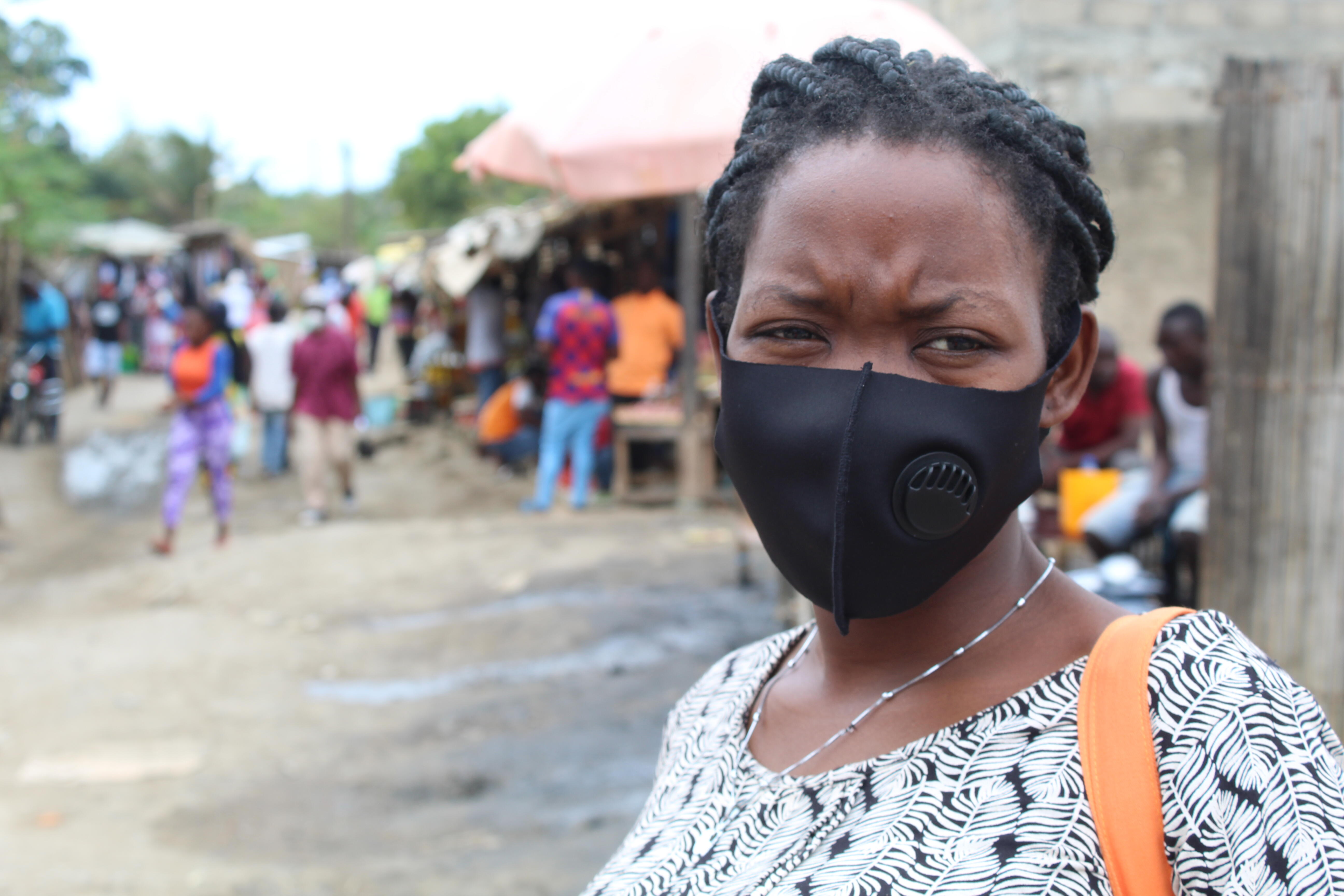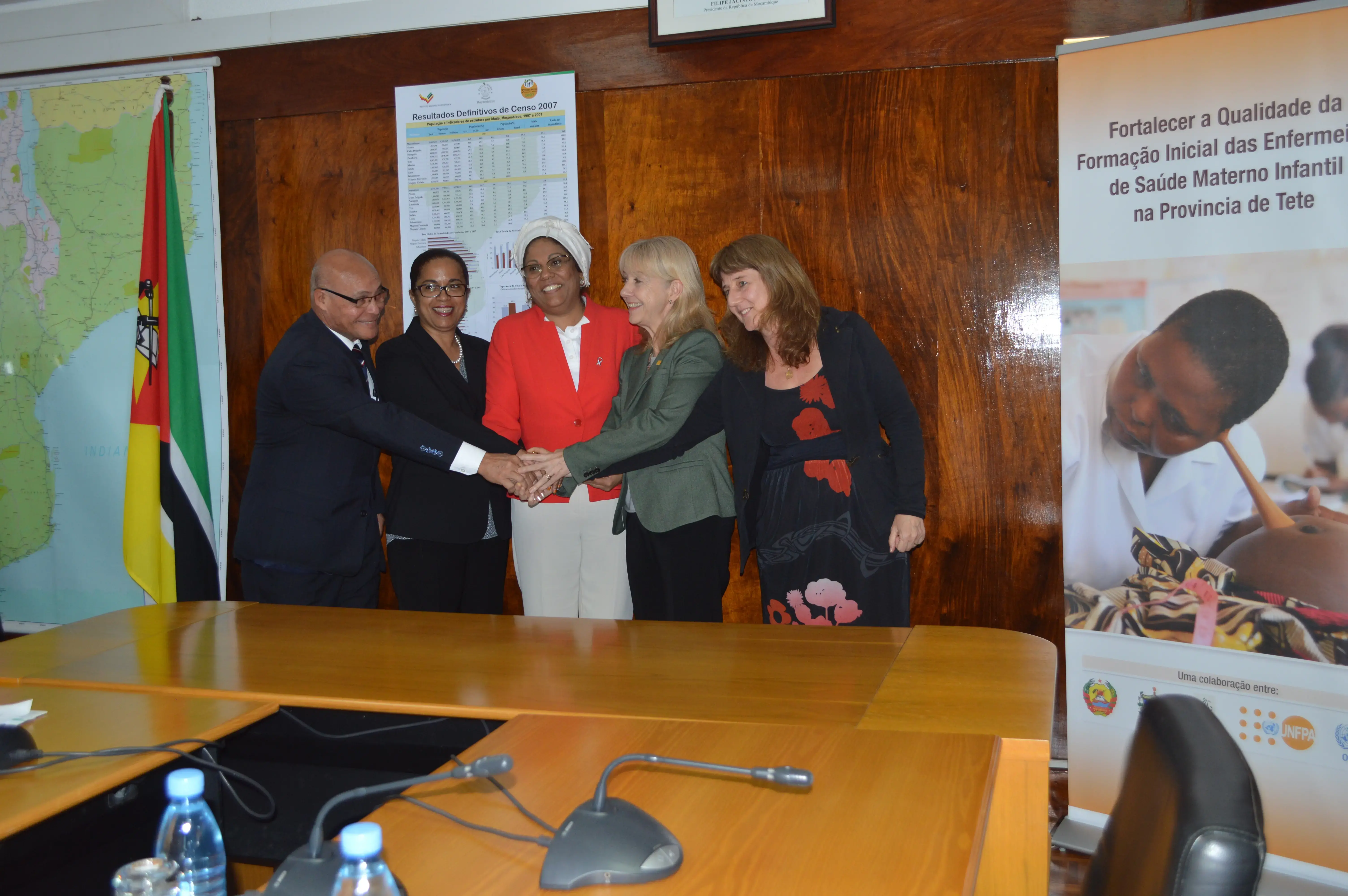Fernanda Florinda Assane, 24, survivor of obstetric fistula, is from the District of Ancuabe in the northern province of Cabo Delgado, Mozambique.
At the young age of 16, Fernanda gave birth to her first daughter, Jennifer, and two years later became pregnant again, but unfortunately, experienced a stillbirth. After this tragic experience, several serious health problems arose to the point of going to healers for various treatments, but nothing was resolved. She experienced faeces coming out from her vagina, the inability to control the release of foul-smelling urine and discrimination by everyone, because no one wanted to be close to her.
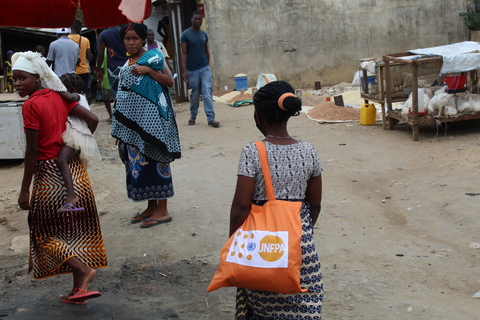
Fernanda didn’t realize she had an obstetric fistula until seeking medical support. Her brother, a health technician, recommended she get medical care where she learned she had fistula and received repair surgery after two long years of suffering.
Obstetric Fistula is a prevalent issue for women in Mozambique and in countries worldwide. In 2020, more than 2,500 women are anticipated to have fistula in the country. Caused by prolonged or obstructed labour without timely and quality medical care, obstetric fistula often leads to chronic medical problems, depression, social isolation and deepening poverty. Unfortunately, despite its prevalence, awareness about obstetric fistula is still limited among women, their families and community members.
Obstetric fistula mostly occurs among the poorest and most vulnerable women and girls, especially those in rural communities far from medical services.
Following Fernanda’s repair surgery, her recovery and social life happened gradually, and with a new sense of dignity she felt like a woman again, actively participating in family and community activities.
During consultations with the same surgeon who had treated her fistula, Fernanda found out she could safely get pregnant again. In June 2020 Fernanda was in her 9th month of pregnancy and luckily she was accompanied by the same doctor who operated on her fistula, leaving her more calm and confident that the child would be born healthy.
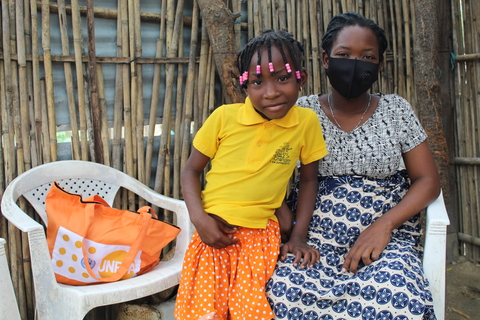
“I feel comfortable talking about fistula, because I have no reason to hide a problem that is a reality and affects many women and adolescents”, said Fernanda. She advised all girls and women who have health problems, symptoms and signs of fistula, to immediately seek support at the nearest health facility.
Even amidst the ongoing COVID-19 pandemic, Fernanda was able to take advantage of the care available in hospital and give birth to a healthy baby. Her brother's support was crucial and thanks to him, she now enjoys good health and knows that this condition can only be treated in the hospital.
Fernanda shares that she learned from the doctor that when a pregnant woman has labor pains, she should go to the health center and avoid giving birth at home. Similarly, girls should avoid getting pregnant at an early age - younger than 18 - as in both situations they are at higher risk of difficulties, the child may be stillborn and the woman may have Fistula.
Promoting this type of awareness among girls and women is a step towards mitigating the impacts of an entirely preventable condition. This, combined with increasing accessibility to high quality medical care have been two key goals of UNFPA’s work in Mozambique with funding from the Government of Canada and in support of the Government of Mozambique.
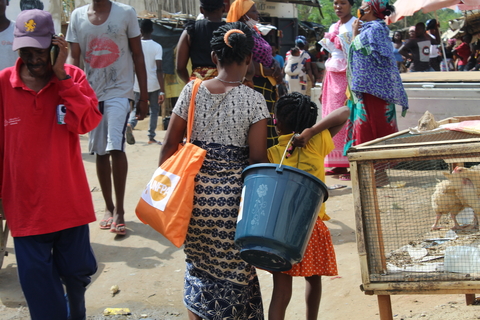
In 2019, UNFPA Mozambique supported the Government of Mozambique to carry out 1,850 fistula repair surgeries.
A New and Dignified Life for Women and Girls Suffering from Obstetric Fistula is a four-year program funded by the Government of Canada with the aim to improve the well-being of girls and women living with obstetric fistula in Mozambique, contributing to both prevention and treatment of Fistula.
The Government of Mozambique is also hosting the annual ISOFS conference in Maputo in March 2021. The ISOFS conference brings together medical experts and fistula surgeons from around the world to promote and discuss best practices and innovation, stimulate professional advancement of Obstetric Fistula practice and establish international networks between practitioners. Click here for more information.

